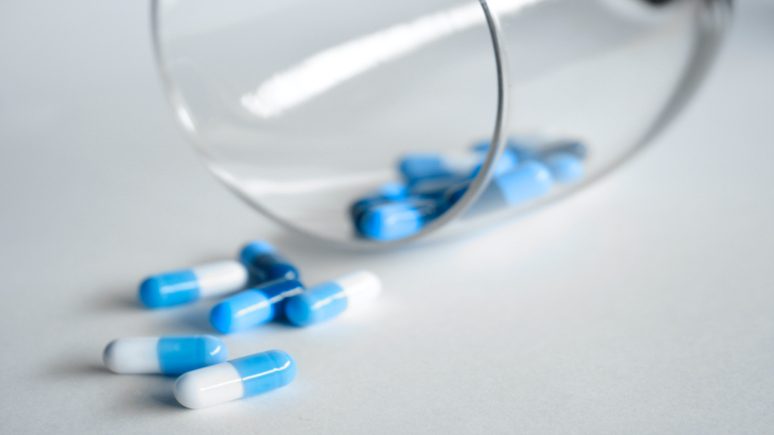Kidney pain treatment
Once you have been diagnosed, you immediately need to seek treatment in order to prevent permanent kidney damage. There are many treatments available for kidney pain, and your doctor might prescribe you any of these kidney pain treatments based on the source of the condition:
- Pain Relievers – Of course, pain relievers alleviate the pain you are feeling during kidney pain treatment. The pain reliever prescribed to you by your doctor will depend on the underlying cause of your kidney pain. But the most commonly prescribed medications are Ibuprofen, Ketorolac, Acetaminophen, and occasionally small doses of morphine in the case of surgeries and kidney stones.
Note that pain relievers in most cases of kidney pain treatment will not actually treat the condition itself. Pain relievers will only treat the pain and not the underlying cause of pain, such as kidney stones or infections. However, patients may accidentally sweep the kidney stone out of their urethras in some cases and be pain-free after that.
- Intravenous fluids – The pain relievers and/or antibiotics can also be administered to you through a vein in your arm.
Kidney pain antibiotics
Antibiotics for kidney pain are the first line of treatment that may be prescribed to you by your doctor, especially in the case of infections. The doctor may prescribe you any kind of antibiotics depending on your health and the type of bacteria found in your urine examinations. The duration in which you will take antibiotics will vary from a week to a month. You might need to finish a batch of antibiotics even if the pain has already been relieved.
Urologic surgery
In the case of kidney pain caused by kidney stones, an effective treatment would be urologic surgery. This treatment is done in kidney stones that completely block a ureter and are about 6mm in diameter or even larger. The recovery time for urologic surgery is fast. Usually, the client will feel better on the same day or in a few days. However, in cases that require extensive urologic surgery, such as in cases where there is an abnormality in the structure of your urinary system, the recovery time may vary from a few weeks to a few months.
Kidney Treatment Aftercare
After receiving urologic surgery or after passing a kidney stone through your urethra, you may notice a certain discomfort while recovering. To alleviate discomfort after recovery, you can do any of the following:
- Applying heat to the affected part – You can choose to apply heat to the affected part of your abdomen where the surgery has taken place. This can help ease the pain until you fully recover from the treatment.
- Continuing to take pain relievers – you may choose to continue taking pain relievers well after the actual kidney pain has subsided, as some pain will still be present due to the surgical wounds.
- Drinking lots of fluids – staying hydrated can keep bacteria away from your urinary tract while you recover, as your urinary system will be vulnerable right after you have experienced kidney pain treatment. Avoid alcohol and coffee until your surgical wounds have healed to avoid infection and avoid worsening the feeling of having to urinate constantly.
- Avoiding salty foods – avoiding foods that may put a strain on your kidney’s filtration process can aid significantly in your recovery.
Kidney Pain Prevention
Now that you have had kidney pain treatment, you might be more cautious about certain things in order for you to avoid experiencing kidney pain all over again. You can reduce the risk by taking specific steps such as:
- Drinking fluids – Staying hydrated, especially with water, can help your kidney filter toxic wastes from your body. Fluids can help your kidney flush the bacteria whenever you need to urinate.
- Don’t hold your urine in – urinate whenever you need to, and avoid holding your urine in whenever you have the urge to urinate. This can cause complications in your kidney and urinary system.
- Urinate right after intercourse – after having intercourse, urinate as soon as possible to help your urethra flush bacteria away. This tip is especially helpful for women in order for them to reduce infection and avoid UTI and further urinary system infections.
- Wiping – For women, you can avoid bacteria spreading to your urethra by simply wiping carefully. This is evident when you have to use toilets, especially public ones, as your genital area may come in contact directly with the bowl when urinating or after a bowel movement.
















Leave a Reply
You must be logged in to post a comment.